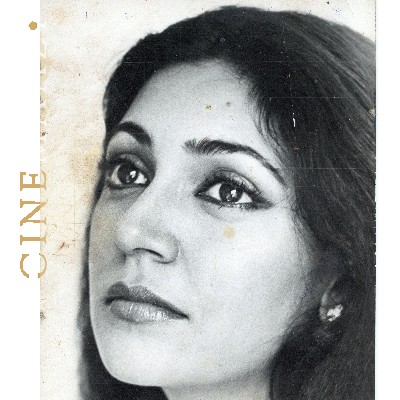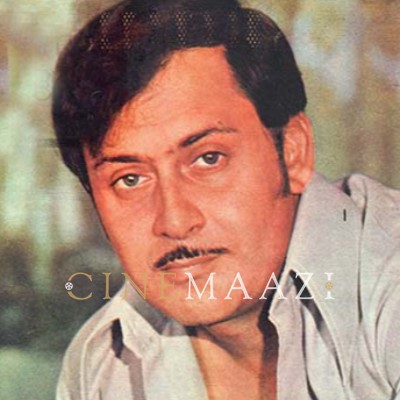This section is for paid subscribers only. Our subscription is only $3700/- for one full year.
You get unlimited access to all paid section and features on the website with this subscription.
Subscribe to read full article
This section is for paid subscribers only. Our subscription is only $37/- for one full year.
You get unlimited access to all paid section and features on the website with this subscription.
Not ready for a full subscription?
You can access this article for $2, and have it saved to your account for one year.
- Release Date1989
- GenreDrama
- FormatColour
- LanguagePunjabi
- Run Time110 min
- Length3147.82
- Number of Reels14
- Gauge35mm
- Censor RatingU
- Censor Certificate Number12094
- Certificate Date31/08/1989
The film has rural Punjab backdrop, depicts the social tragedy born out of the gradual transformation of feudalism into capitalism.
In this feudalistic set up, a share cropper enjoy the love and affection of a landlord. But under capitalistic society, he becomes just a receiver of wages.
Thola is a share cropper, working with a middle-class landlord Dharam Singh. Dharam Singh treats Thola as his uncle as Dharam Singh's father had adopted Thola as his brother after an exchange of their turbans.
Thola in his younger days had fallen in love with Nandi, a nomad. As a sequence, Nandi's parents had forsaken her. In the rural culture of Punjab, this is considered as a stigma. Due to this, their son Jagsir cannot get married.
One day Jagsir's friends take him to see the bride of newly married Nika, an impotent barber. Jagsir falls for Nika's wife Bhani, who also starts nursing tender feelings for Jagsir. Nika and his mother hate this association.
On death bed, Thola asks Dharam Singh to look after Jagsir. As per his wishes, Jagsir makes a MARHI (Tomb) under the tree in their field which was given to them by Dharam Singh for cultivation.
Dharam Singh's son Bhanta does not like this.
Bhani one day meets Jagsir and wants him to revive their love. He considers the relationship a stigma. Opium addiction ruins him.
Relations between Dharam Singh and his son Bhanta worsen. Bhanta uproots the tree and demolishes Thola's MARHI (Tomb). Ageing Nandi dies of shock and Dharam Singh leaves his house.
Jagsir becomes desolate and forlorn. Disgusted, he stops eating food and ultimately dies. His friend Ronki builds MARHI and Bhani lights an earthen lamp on it.
[From the offical press booklet]

Cast
Crew
-
BannerNational Film Development Corporation
-
Director
-
Music Director
-
Screenplay
-
Cinematography
-
Editing
-
Story & Dialogues












.jpg)



